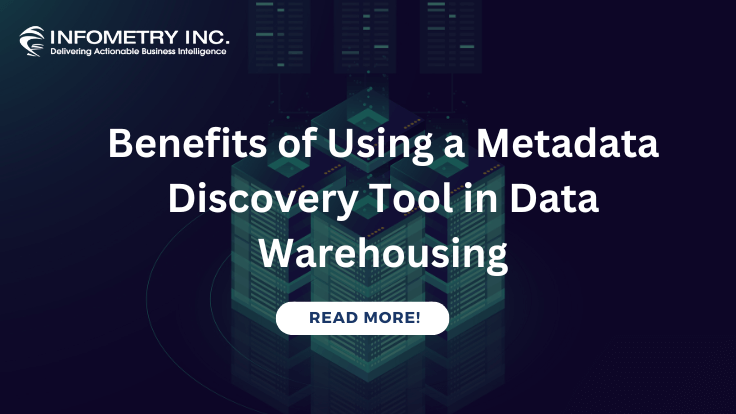
Top 8 Latest BI Tools & Technologies of 2022
October 11, 2022
What Make Matillion and Informatica Different From Each Other?
October 26, 2022MuleSoft Vs Tibco
Most organizations today have their data stored in different areas, whether SaaS platform or in-house data sets. A study by Bowie College uncovered that 84% of organizations utilize big data effectively to avert cyber-attacks.
Owing to this reliance, the worldwide data analytics market’s yearly income is expected to reach around $68.09 billion by 2025. Going back to the associations, with regards to assessing and managing massive data, they haul it out from all sources and put it into a data warehouse to run analytics against it.
However, not every business is eager to build and maintain personal data pipelines. Remembering this, a lot of tools come into the spotlight. Here, let’s talk about two essential tools – MuleSoft vs TIBCO and find the difference between them.
MuleSoft and TIBCO work in the middleware domain, having their impressions in the business through their product stack, which shifts across, giving robust GUI tools, and making the engineer’s life simple.
Let’s Check Out What Makes MuleSoft Different From Tibco?
It is a Java-based ESB that permits applications to integrate using pre-built connectors, integration templates and intuitive tooling. It offers a unified platform for Data and Application Integration across Legacy Systems SaaS applications API’s It began as an open-source ESB and claimed to be the world’s most broadly utilized ESB.
TIBCO BusinessWorks
TIBCO ActiveMatrix BusinessWorks is a versatile, extensible, and intuitive integration tool that permits you to develop integration projects. TIBCO ActiveMatrix BusinessWorks utilizes the TIBCO Designer graphical UI (GUI) for characterizing business processes.
TIBCO also works with TIBCO Manager, an online GUI monitoring and managing run-time components.
MuleSoft Vs Tibco: Fundamental Features
To get more into details of MuleSoft vs TIBCO, let’s find out their primary highlights and compare profoundly.
Data Transformation: Concerning data transformation, MuleSoft utilizes a Mule Expression Language (MEL). This platform supports various formats, like Fixed Width, Pojo, CSV, JSON, XML, etc. In contrast, TIBCO carries out data transformations utilizing XPath capabilities. It just supports the XML design.
Routing: MuleSoft has an inbuilt routing feature known as Choice Flow Control. It likewise involves MEL for condition expression. As far as a query string is concerned, it analyzes it with integrated capabilities. On the other hand, TIBCO utilizes a conditional transition. It involves X-way for conditions. TIBCO needs explicit parsing of the query string to route something very similar.
Service Orchestration: In MuleSoft, REST support is inbuilt. However, TIBCO requires a different module for the same. Yet, the HTTP Send Request action in TIBCO can be utilized to call REST services.
Exceptional Handling: MuleSoft has a feature that allows you to set additional strategies for use. This procedure can be characterized as a common setup to which all flows can refer. Also, MuleSoft has an integrated default unique way that can be customized easily. On the contrary, TIBCO doesn’t accompany a setup that could be shared as a worldwide exemption handling mechanism. However, a shared process and a common library can offer similar features.
The End:
When we compare these solutions, MuleSoft and Tibco, the MuleSoft Anypoint Platform is easy to set up, use, and control. Doing business utilizing MuleSoft is highly preferred as compared to Tibco. Comparing their data science capabilities, MuleSoft is a considerably more comprehensive solution and offers data science capabilities distributed across products like DataWeave and CloudHub. TIBCO Cloud Migration is better suited to the organization’s requirements than the MuleSoft Anypoint Platform. When we compare the quality of the continuous product support, then, at that point, Tibco will be the better choice. For the roadmaps and feature updates, the MuleSoft Anypoint Platform’s direction is favored contrasted with the Tibco Cloud integration. All of the above is a portion of the differences between MuleSoft and Tibco. The enterprise might choose either of them based on the requirement they have.




